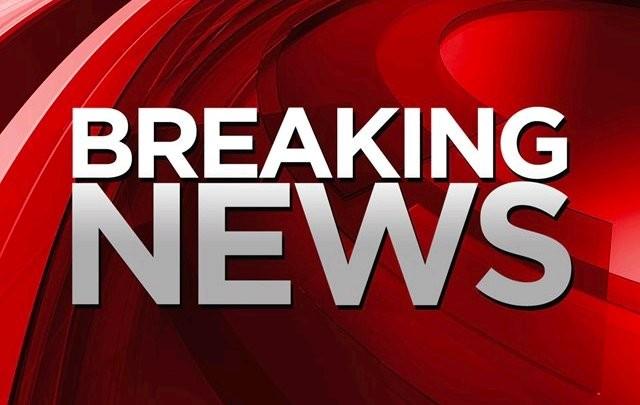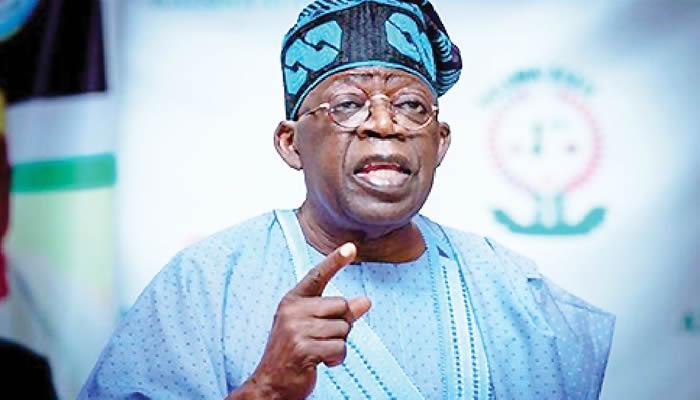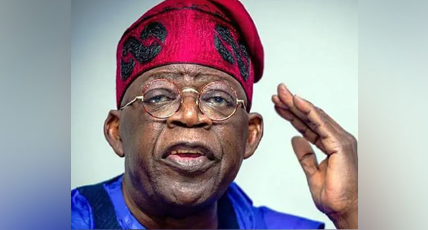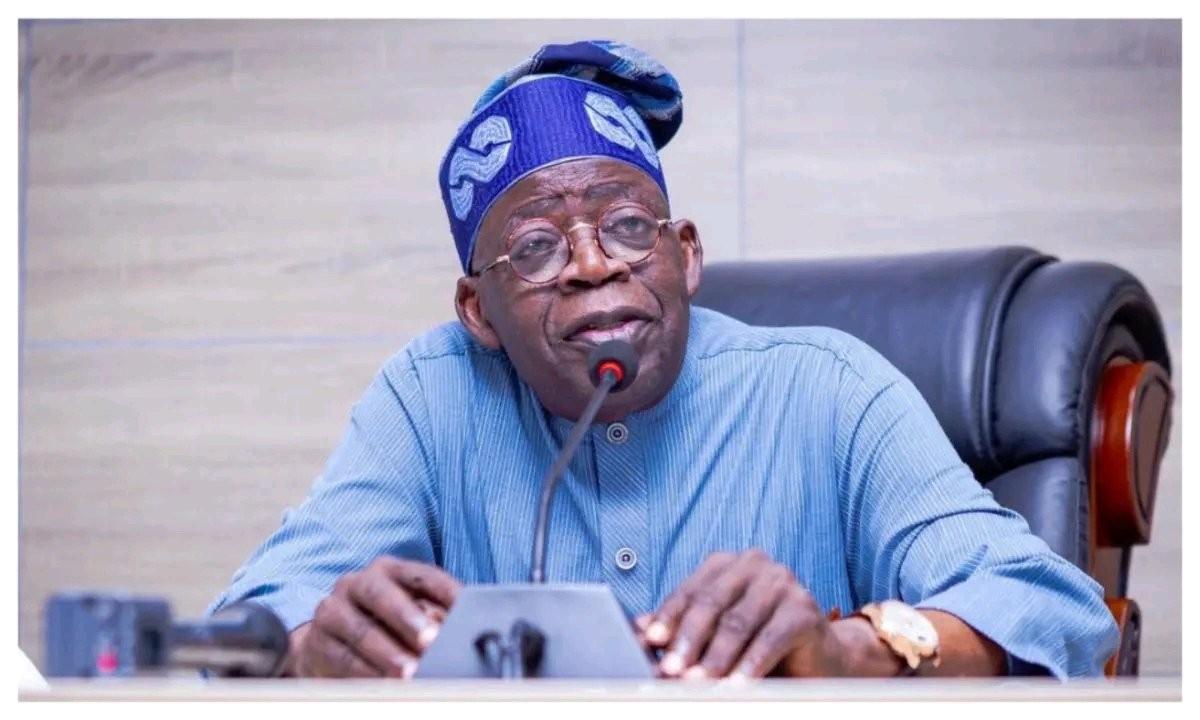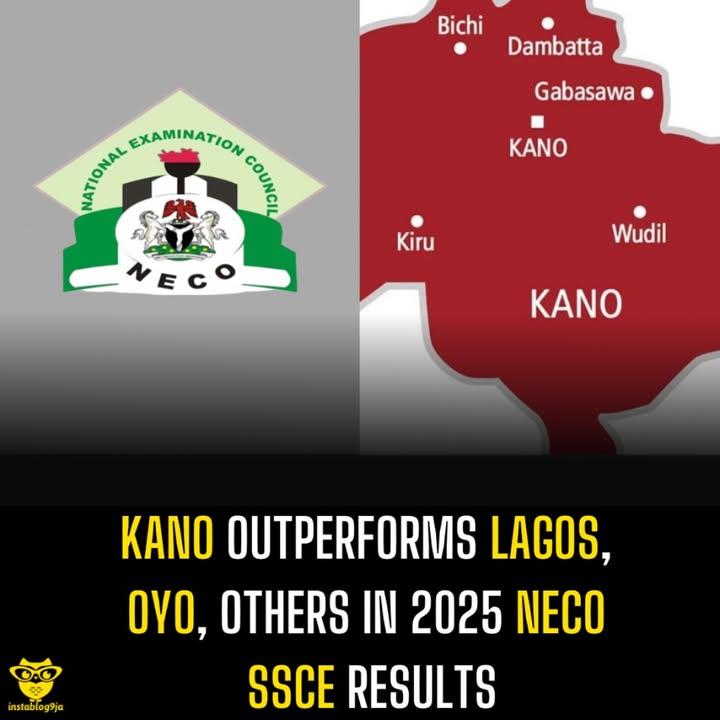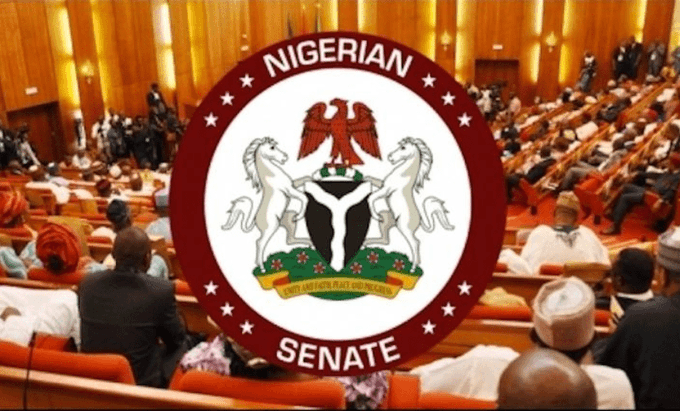Tinubu Seeks Approval for Fresh N1.15trn Domestic Loan Despite Rising Debts.
President Bola Tinubu has requested the National Assembly’s approval to borrow a fresh N1.15 trillion from the domestic debt market to help fund the deficit in the 2025 budget.
The request was conveyed in a letter read on the floor of the Senate during plenary on Tuesday.
According to the letter, the proposed borrowing aims to bridge the funding gap and ensure the full implementation of government programmes and projects under the 2025 fiscal plan.
Senate President Godswill Akpabio has referred the request to the Senate Committee on Local and Foreign Debt, instructing it to report back within one week for further legislative action.
President Bola Tinubu has requested the National Assembly’s approval to borrow a fresh N1.15 trillion from the domestic debt market to help fund the deficit in the 2025 budget.
The request was conveyed in a letter read on the floor of the Senate during plenary on Tuesday.
According to the letter, the proposed borrowing aims to bridge the funding gap and ensure the full implementation of government programmes and projects under the 2025 fiscal plan.
Senate President Godswill Akpabio has referred the request to the Senate Committee on Local and Foreign Debt, instructing it to report back within one week for further legislative action.
Tinubu Seeks Approval for Fresh N1.15trn Domestic Loan Despite Rising Debts.
President Bola Tinubu has requested the National Assembly’s approval to borrow a fresh N1.15 trillion from the domestic debt market to help fund the deficit in the 2025 budget.
The request was conveyed in a letter read on the floor of the Senate during plenary on Tuesday.
According to the letter, the proposed borrowing aims to bridge the funding gap and ensure the full implementation of government programmes and projects under the 2025 fiscal plan.
Senate President Godswill Akpabio has referred the request to the Senate Committee on Local and Foreign Debt, instructing it to report back within one week for further legislative action.
0 Comments
·0 Shares
·354 Views





